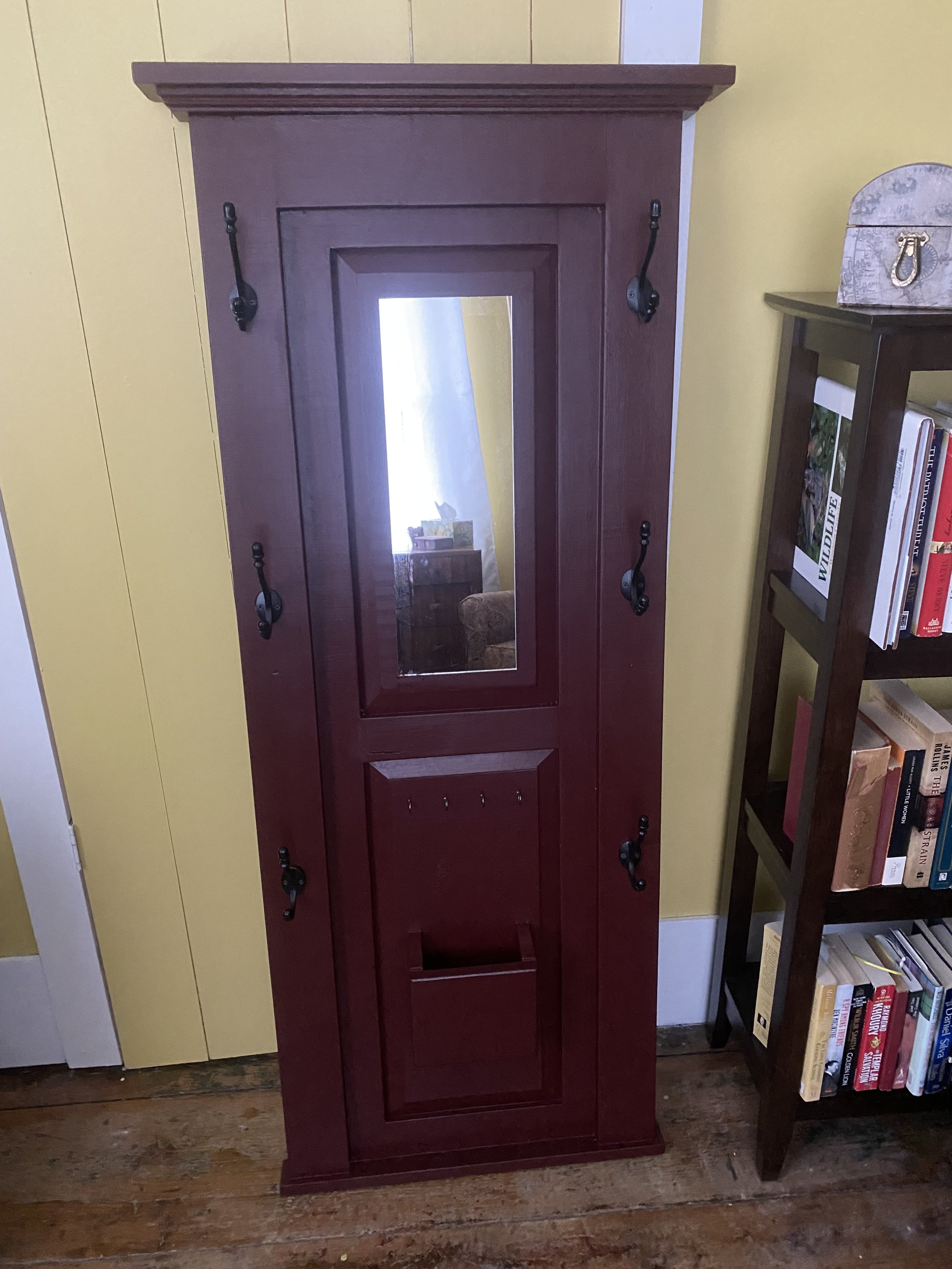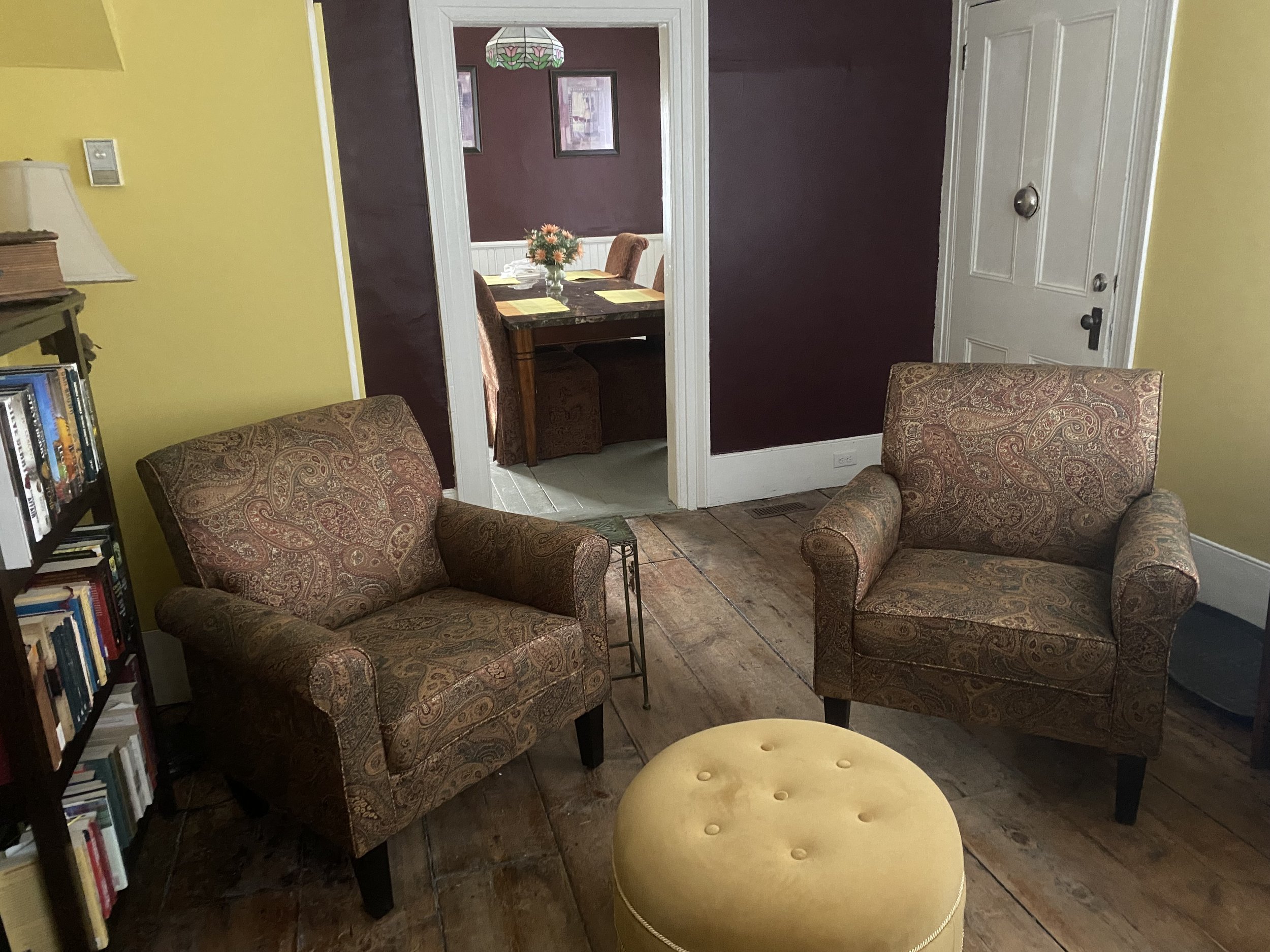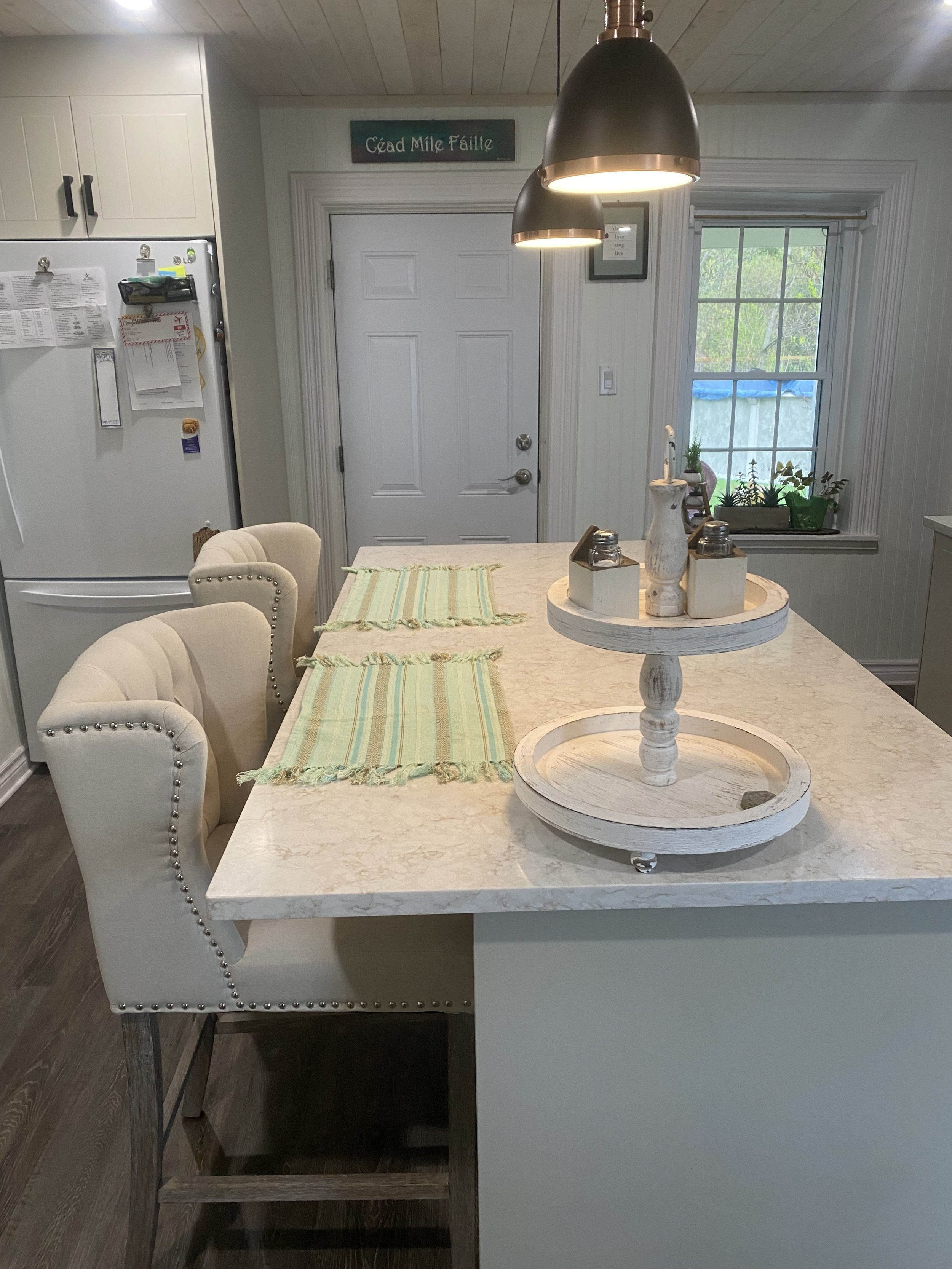Imprint…
Have you heard of Carolyn Bryant? She died recently at the age of 88. At the time of her death, she was Carolyn Bryant Donham. If your answer was no, does adding in Mississippi, United States help you recognize the name? Still no? What if I add the name, Emmett Till? Now do you know who or what (situation) I’m talking about? If it’s still no, does adding Rosa Parks into the mix help? It seems to me that everyone knows who Rosa Parks is.
Let me tell you what I know of those names. Carolyn Bryant was a 21 year old, married, white woman working in her family’s grocery store when a 14 year old black boy, Emmett Till, went in to buy something. What actually happened in the minute or so that he was in the store alone with Carolyn only two people ever knew, Carolyn and Emmett. What took place after is well documented. Carolyn’s husband and his half-brother kidnapped, tortured, and murdered Emmett Till and threw his dead body into a river. During the murder trial, Carolyn testified in support of her husband and brother-in-law. They were never found guilty and knowing that double jeopardy protected them, admitted to the torture and murder in a magazine interview later. Rosa Parks, when interviewed, said that the story of Emmett Till and his murder is what she was thinking about when she refused to give up her seat on that bus all those years ago. [Rosa Parks was already a civil rights activist and her refusal to give up her seat on the bus was not her first act of disobedience. In the interview she said the thought of what that boy went through gave her another reason to fight back.] A 21 year old white woman was a catalyst to not only the horrific death of a 14 year old black boy but also sparked a critical moment in the civil rights movement in the United States and around the world.
When I read about Carolyn Bryant’s death what jumped out at me was the fact that she went to her grave without sharing the truth about that night in Mississippi in 1955. Over the decades she had given interviews and said she lied and then she rescinded that confession. In other words, she has gone to meet her God leaving behind an awful mystery. I wondered what that must be like to know you sparked something so horrendous that it caused a boy to lose his life. She made such an imprint on history without ever truthfully explaining her actions. She was one woman, living in a small town and she was the reason for the death of a 14 year old boy.
Now, before you think I’m writing a blog about race, let me put that thought to rest. I cannot write about being a young black man or black woman in the South in those days or anywhere or anytime. It’s inappropriate in my mind to talk about that type of hatred or the reality of living in fear because of the colour of my skin. I will never understand because I am white. What I want to talk about is our imprint on the world. As I’ve said, even one person living life locally can impact the world.
When I was a child I was lucky enough to know all of my grandparents. I had a grandpa who took a boat from England when he was a teenager and a grandma, his wife, who crossed into Canada as a young child with her family, from the United States. I knew about my grandpa’s background because he talked about it and one of my aunts travelled back to his home and met relatives still living there. As a child I didn’t know as much about my grandma. I learned small parts of my grandma’s story. But those parts are amazing. She was the first white woman to shoot the rapids in northern Manitoba and she was a writer. My other grandparents were both of Irish descent and Catholic. Because I lived in the same town as my gram, we were very close. I saw her every day. I guess because we were that close she shared her love and biases of Ireland. So I thought I knew a lot about Ireland, without ever having been there. When I did go for my first visit, I went with my “knowledge” and discovered what was still true and what was changed. When my son and I visited Belfast for the first time I realized how little I had taught him. I didn’t give him that tight connection to his Irish ancestry the way it had been shared with me. He had been to Ireland but only to the Republic at that time and I tried to tell him some of the “truths”, as I knew them, while we were on the flight over. Some of it was truth. Some of it was slanted to the vision that came from my gram.
The imprint that was left on me was more than skin deep. The struggles of Ireland are part of my DNA. All these years after my gram, I now have a good friend who is of that “other” Ireland. She’s of the North and she is not Catholic. But she grew up there. It really is her Ireland, not mine. I consider myself blessed to have her in my life for so many reasons. [Honestly, she is one of the most down to earth people I know, and I will forever be grateful for her friendship.] She shares her story with me. The story of growing up, taking the bus to school, and one day finding out her bus driver was one of “them”. He was IRA. She’s told me of growing up on a farm and how farmers help each other out. Well, except on July 12th, Orangeman’s Day. That day there was a separation brought about by religion and rule of the country. It is an Ulster Protestant celebration and she told me they would go off and have their picnic and observe the holiday. For someone that was raised there, she must bear the imprint of that fight and yet, she’s an absolutely lovely person. She certainly doesn’t judge me badly for having a Republic of Ireland connection and being a “papist”.
I’ve been thinking about those two storylines I’ve just shared and all the ways that I might end up influencing events or people that will carry on long after I’m gone. The most immediate impact all parents have is on their children. My hope is that my child will have learned some good stuff from me along with the less good, the mistakes I’ve made. If life was perfect he would learn the better way to do things from my mistakes. I hope that the imprints I bear are such that I can look at them and judge them for the context in which they were made. I hope that I can adjust my thinking as I learn more. I pray that by the end of my life I will have brought some joy to people. I hope that the imprint I leave behind, though imperfect, is of a person trying to be better.
This house has stood a long time. It’s more than 150 years old. It’s had two additions. Parts of the wood floor have multiple paint colours. Since I’ve lived here, I’ve redone the kitchen, updated the bathrooms, took out a couple of doors, and put in a new front screen door in order to show off the original entry door. I’ve painted the porch, front steps, and numerous rooms, and added my own character with my furniture choices. Just as those who lived here before me, I’ve imprinted some of myself on this house. Whoever comes after me will also make changes, while perhaps leaving some of “me”. We do this. We take a house or a property or a career or a community and we leave something of ourselves with it. I sometimes wonder if my desire to have a good impact is enough. Should I be doing more, on a larger or even global scale? Is what I’m doing making any difference in anyone’s life? As the Dalai Lama said, “Just as ripples spread out when a single pebble is dropped into the water, the actions of individuals can have a far-reaching effect.” I will try to remember that as I work to bring something positive to my world.
This is a beautiful gift from my mom that my niece painted to prepare it for my library/sitting room. Looking forward to getting it installed and sharing its look!
I shared the plan for the new furniture placement awhile ago. The furniture has arrived and it’s ready for a good book on a quiet night.
At this time of year, I do a lot of “switching” over. I replace Easter decor with colours ready for Springtime and I switch out my Fall/Winter linens for lighter, brighter Spring/Summer linens. It always takes me a couple of weekends to get it all complete.


